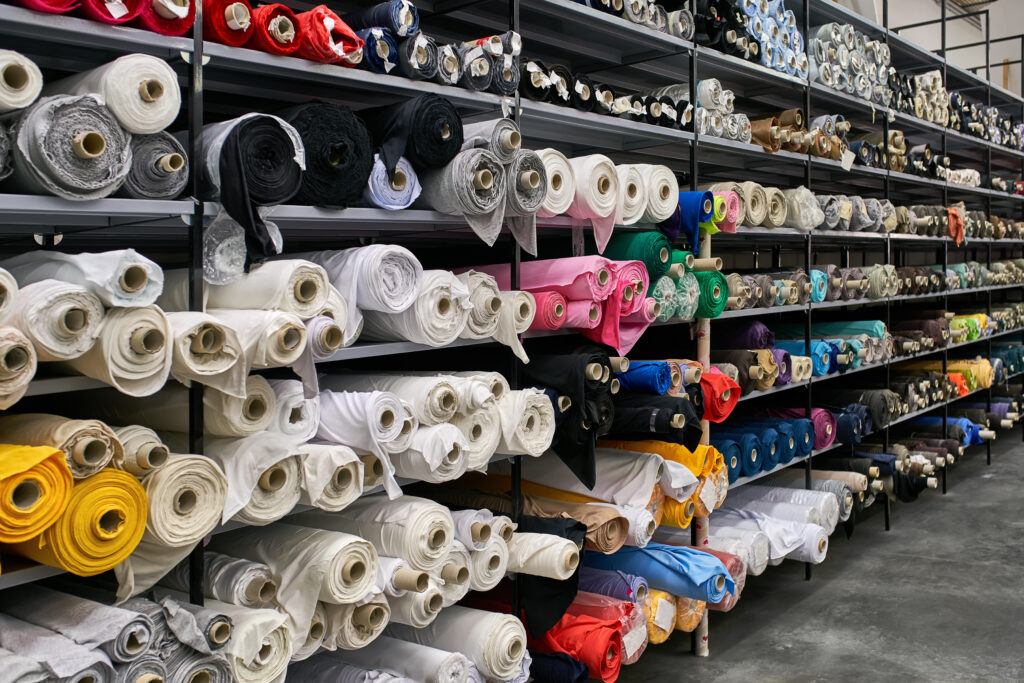Directly after HFPA’s Annual Meeting, we had the pleasure of diving into a candid conversation with two industry heavyweights: Robin Lewis, the brains behind The Robin Report, and Warren Shoulberg, industry editor extraordinaire. Robin and Warren spilled the tea on everything retail, from the mysteries of e-commerce, the department store rollercoaster, and the post-Bed Bath & Beyond era. It was insider insights and industry talk with no holds barred. Let’s rewind and break down the wisdom from this insightful session.
With early post Black Friday numbers in, Robin shared that the beauty category is a clear winner, up 11% from last year. Other popular categories are entertainment, leisure and travel. Cruise lines alone saw a 28% increase. Clearly consumers are looking for experiences, not just more stuff. Warren sees the Friday after Thanksgiving as more gray than black; sales are not what they used to be. But Halloween’s positive numbers may signal promising Christmas sales. There was lots of DIY and nesting during the pandemic, but now categories like soft home products will be toward the bottom of the list for this year and season. And don’t forget about inflation. Warren suggests comparing this year’s numbers to 2019: if you are up 3-4% then your business is basically flat.
Amazon’s adventures in retailing don’t diminish the reality that they are a tech company: 75% of profits come from Amazon Web Services. Robin noted that they will never succeed in physical retailing until they get some seasoned retail execs. They missed the boat on acquiring their way into physical retailing. Yes, they took over Whole Foods, but it wasn’t a good fit from the beginning. Their new CEO, Andy Jassey, is focusing on profitability and disciplined growth strategy.
Walmart wins: Robin is a big fan of what Walmart is doing. Their purchase of Jet.com gave them a huge e-commerce boost. Walmart’s billion-dollar store facelifts impress Warren, along with their online efforts, mostly lead by groceries, which just may be the hook to get consumers to buy more Walmart goods online, including soft home products. Says Robin: “Walmart has their act together better than anyone else in retail.”
What’s up with Target? Robin said they were doing so many things right, but in the last 18 months they’ve been plagued by supply chain issues, their stores don’t look as good, and there have been tactical missteps. A bright spot: using analytics to know what consumer preferences are, Target has been launching small neighborhood stores on college campuses and in local neighborhoods. We will see how successful this new venture turns out, but Robin thinks Target will bounce back. Warren agrees that customers love shopping there, but says they are in a rut.
And speaking of ruts…
Department stores are going through a tough time, down from the glory days of 25% market share to less than 5% in 2023. Robin noted that Macy’s move to mixing small and large stores has its challenges. They need to fix and close many of their big stores before the few small stores will have any kind of impact. And introducing Backstage locations inside existing Macy’s—down-tiering—has drawbacks. As with Nordstrom, Saks, and Neiman Marcus, introducing downscale versions of the main stores will corrupt the brand.
Dillard’s, still closely run by the family, is surprisingly thriving with its classic model and private ownership. Their sunbelt and southeast locations probably help, too. Warren says, “They offer lots of private label, particularly in soft home. I have not been a big fan of Dillard’s, but they have been a pleasant surprise. Private ownership and family control are a big factor. Private equity guys often have very different agendas.” A case in point: Belk, acquired by Sycamore Partners, is not doing as well as when it was family-owned, and is struggling to stay afloat.
What about Wayfair? Their shipping costs are enormous. They’ve never made any money, except for a few months during the depths of the pandemic. 2024 will be the year of truth for Wayfair. They must prove they are a viable, sustainable business. They have plans to open a retail store in Chicago, but one store isn’t likely to move the needle a whole lot.
Finally, 2023 was our post-Bed Bath & Beyond era. Overstock purchased BBB for $21 million and did a great job converting the brand and taking over the websites. But with private equity guys breathing down their necks, they must show success. Even as recently as its last year in business, BBB bought a billion dollars in home textile products.
What’s in store for 2024?
Robin: “Direct to consumer is going to be the future and to pull this off you have to have a brand.” We are entering the era of fewer intermediators and more control for the brand itself. Soft home mostly abandoned brands so the question is: how (can?) they do direct to consumer?
The pandemic changed everything and four years on, we are still trying to figure it out.
Unknowns: what effects will two wars and an election year have on consumers?
Warren: Consumers’ lack of interest in the home products category will bottom out. Maybe not for furniture or kitchen cabinets, but for general home décor categories there is going to be interest again. It is a natural cycle, “Last time I bought towels was four years ago so maybe I want to get a set of new towels.”
So, there you have it—insider scoops from the HFPA’s chat on the current and future state of retail. It’s a wild ride, but armed with these insights, we’re ready to face the challenges and seize the opportunities that 2024 brings. Subscribe to The Robin Report for an even deeper dive into the retail landscape and stay tuned to HFPA for more exciting conversations shaping the narrative of home fashion.
Couldn’t join us live? Listen to the full recording of this meeting.
And stay tuned! The next HFPA webinar, TexTalk – Texiles Today and Tomorrow – featuring Joe Derochowski, VP, Circana – is February 8, 2024. Register now! HFPA webinars are free for members. Not a member? Join today!




